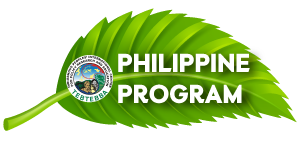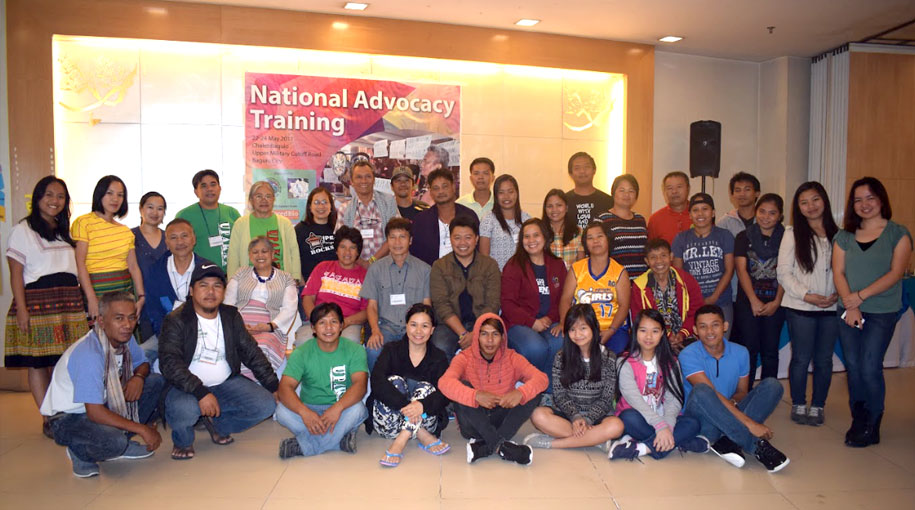BAGUIO CITY – Thirty six (36) representatives of the Ugnayang Pambansa para sa Katutubong Kaalaman at Talino (UPAKAT), a national network of indigenous political structures, indigenous organizations and communities for the promotion of traditional knowledge and wisdom, underwent a National Advocacy Training at Chalet Baguio on May 22-24 2017.
The activity was a response to the need to strengthen the existing skills and capacities of indigenous peoples’ and communities to understand and monitor the implementation of the different policies and to influence the development programs at different levels and spaces based on the community’s situation, needs and priorities.
“I am happy that UPAKAT is holding this training”, Ms. Victoria Tauli-Corpuz, the United Nations Special Rapporteur on the Rights of Indigenous Peoples (UNSRRIP), said. She added that as indigenous peoples in the country face several problems, the training will equip indigenous participants to influence laws, programs and policies to respect, protect and fulfill indigenous peoples’ rights.
Timuay Santos Unsad, the UPAKAT president agreed. “The holding of the training will serve as a venue to deepen the understanding of participants on their role as political actors to push for government implementation of development programs for indigenous peoples,” he declared in his opening remarks.
For many of the participants, the training was a very enriching opportunity for them to enhance their skills, share experiences, and put their learning into practice as advocates. As a matter of fact, during the training, they have agreed to draft a petition letter, addressed to the Department of Foreign Affairs, for the Philippine government to officially invite the UNSRRIP to the country. They said the official invitation of the Rapporteur would shed light to the plight of indigenous peoples in the Philippines.
The training made use of different training methodologies that compressed some practical ways on how to effectively advocate for indigenous peoples rights from the local, national and international levels.

